The Guardian had the other day a great article about The Buggles and their famous hitsong ‘Video killer a radio star’. I love that song.

I was moving to my first own apartment and there was cable TV in the house I moved to. This was unique in Sweden at the time, and we only had non-commercial public service TV at the time. I was exited. Now I would get a chance to watch TV from all around the world, including sports and music. And I did.

Already the first week in my apartment I remember that the cable company announced the start of a new channel only deficated to music, MTV.

So I watched the first broadcast of MtV and the first song ever played was…….’Video killed a Radio star’ by The Buggles.
You find the article here: The Buggles: How we made Video killed a radio star
Source: The Guardian.
I know that UK Government and UK Agencies are working very hard to prepare for Brexit.
I have personally worked for decades with both HMRC and Revenue Commissioners and I have deepest respect for the knowledge, competence and capacity of colleagues in those organizations.
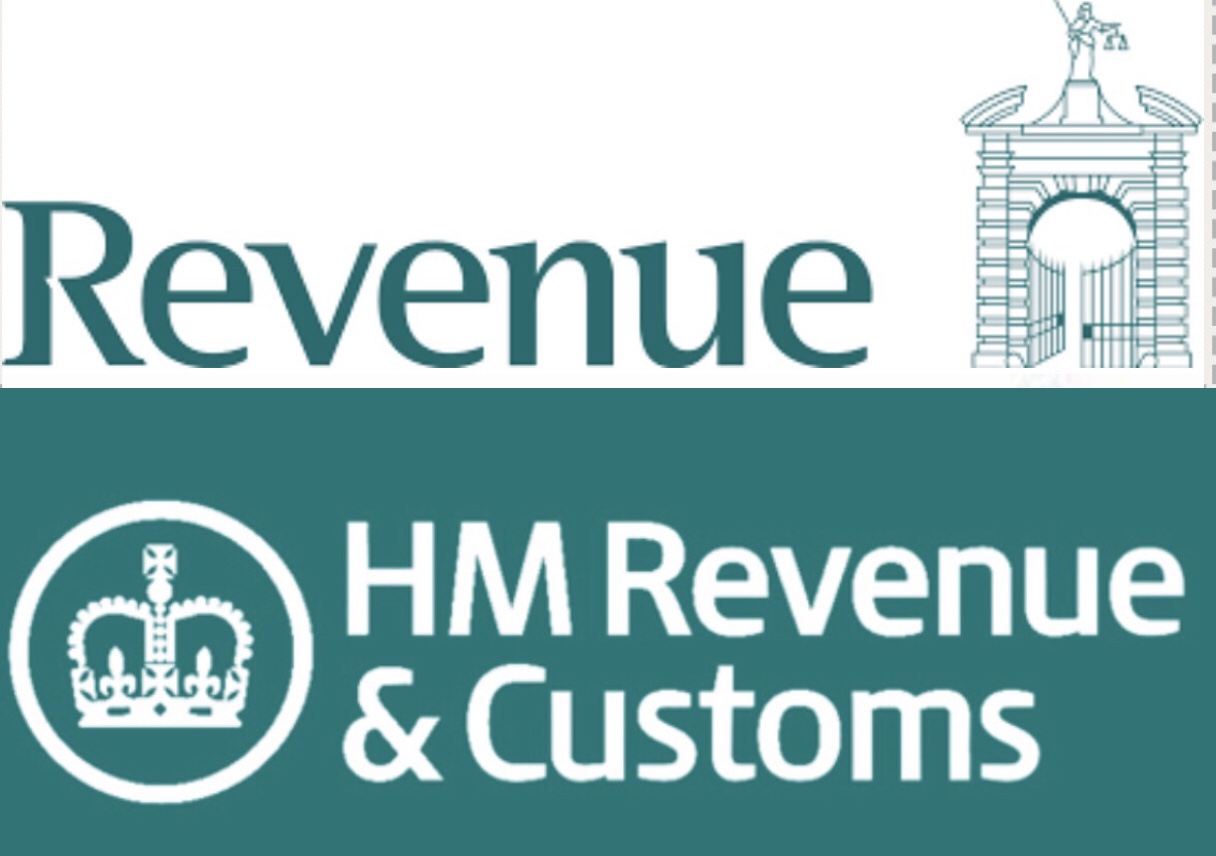
Likewise are the Customs Services on the other side of the English Channel in France and Netherlands among the best in thecworld and very highly ranked by international institutions.
I know that HMRC – as well as other UK agencies – are doing their best. However time is short and the clock is ticking.
The National Audit Office (NAO) is an independent Parliamentary body in the United Kingdom which is responsible for auditing central government departments.
The National Audit Office (NAO) published a report recently claiming thst it is not pissible for UK to be ready for a no-deal Brexit on 29 March 2018,
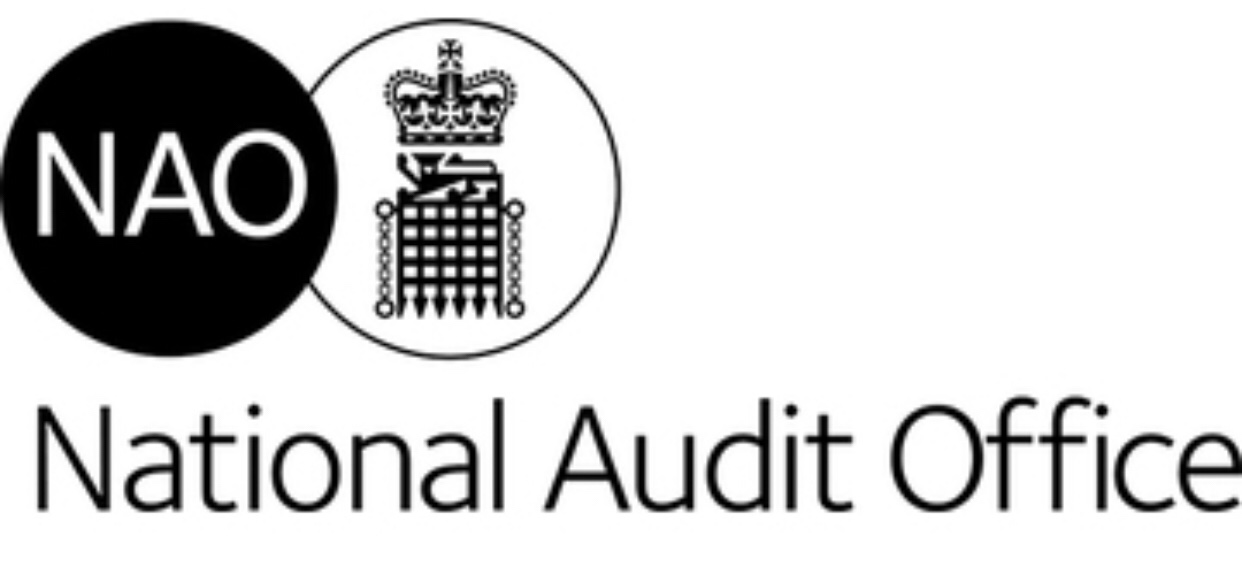
In the report it us said, ”HM Revenue and Customs estimate that, in the event of no deal, 145,000-250,000 traders would need to make customs declarations for the first time. HMRC would have to process 260 million customs declarations a year, up from the current 55 million”.
These are just some of the facts underlined in the National Audit Office’s (NAO) Brexit report published the other week.
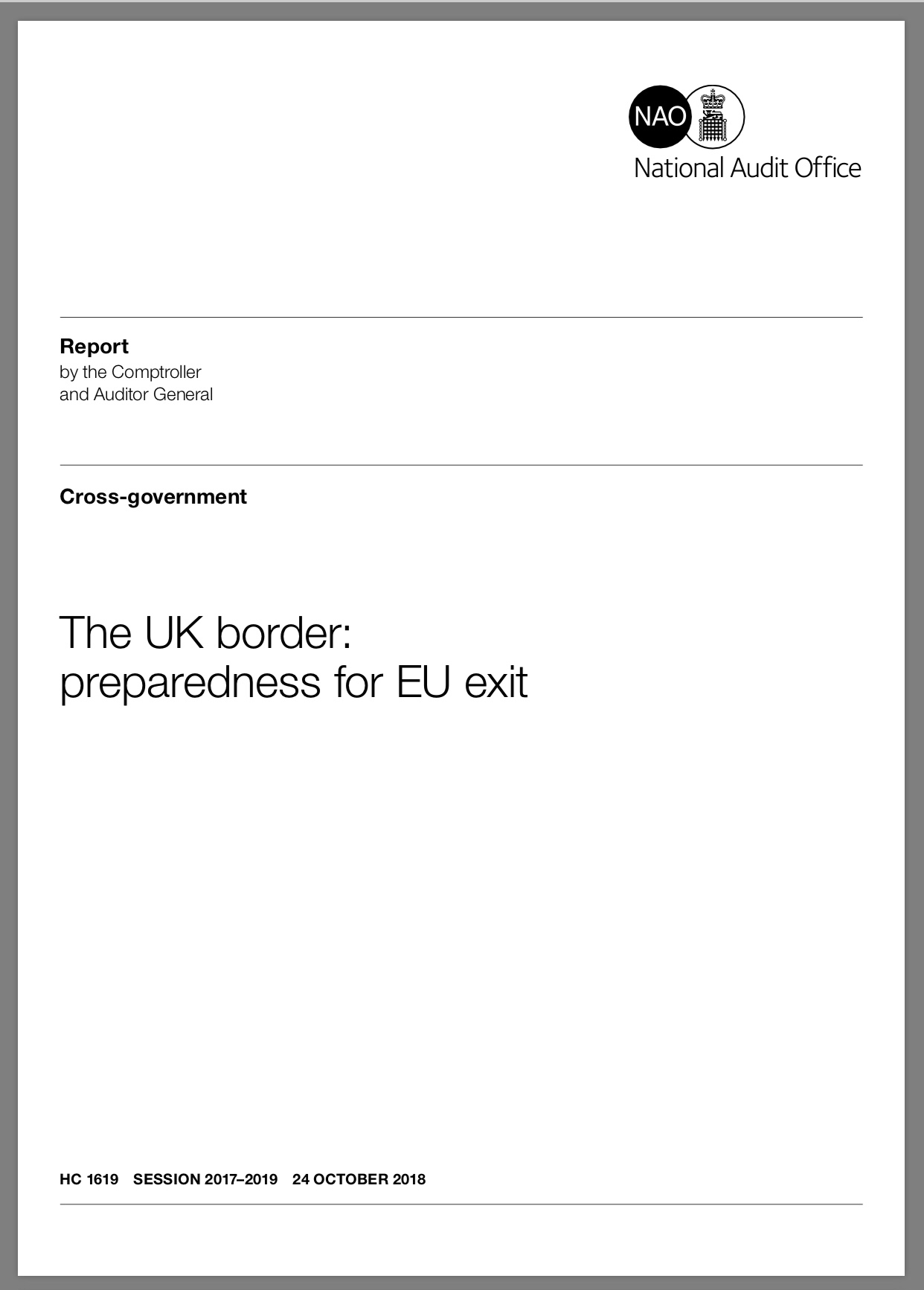
If you haven’t read the report it is time to do so with 148 days to go to Brexit.
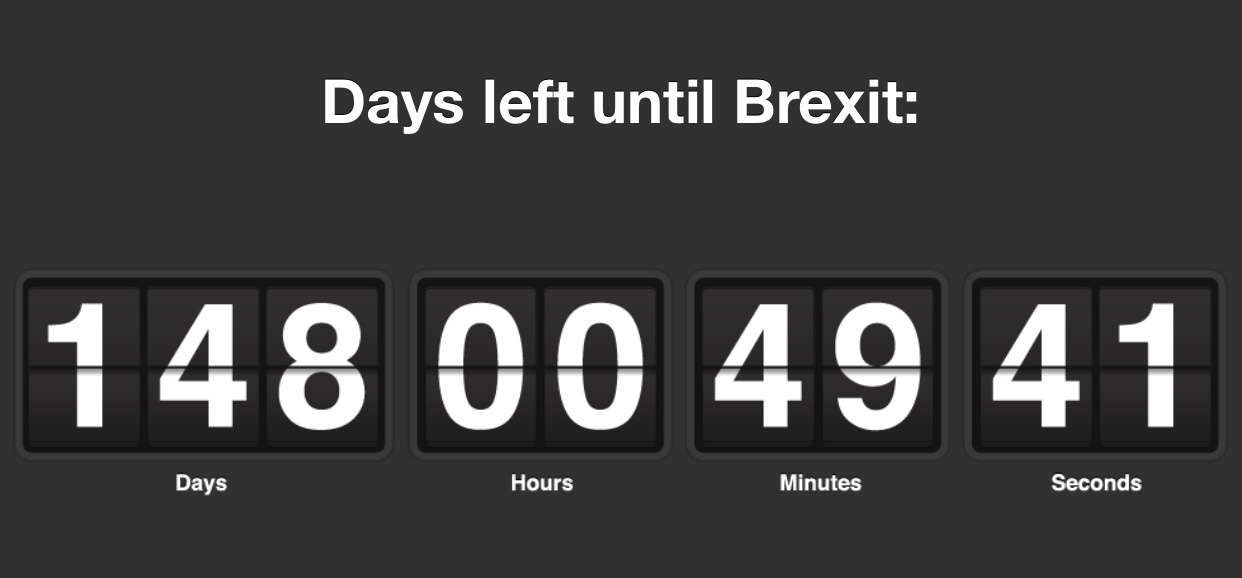
The NAO Comptroller and Auditor General Sir Amyas Morse said, with understatement, that “the British government has openly accepted the border will be less than optimal on day one of no deal”.

This is their view. Maybe they are right. What I know is that it will be a huge challenge for everybody involved if a deal is not made before March 2019.
You can read the entire report here:
National Audit Office: The UK border: Preparedness for EU exit
UK Brexit negotiator Dominic Raab has said that he expects a divorce deal with EU on Brexit before 21 November. Is it likely?
Michel Barnier was under mounting pressure to agree to a fresh compromise with Britain over the Irish backstop, senior EU sources told The Telegraph on Wednesday night, as Dominic Raab said he expects a divorce deal with the EU by November 21.
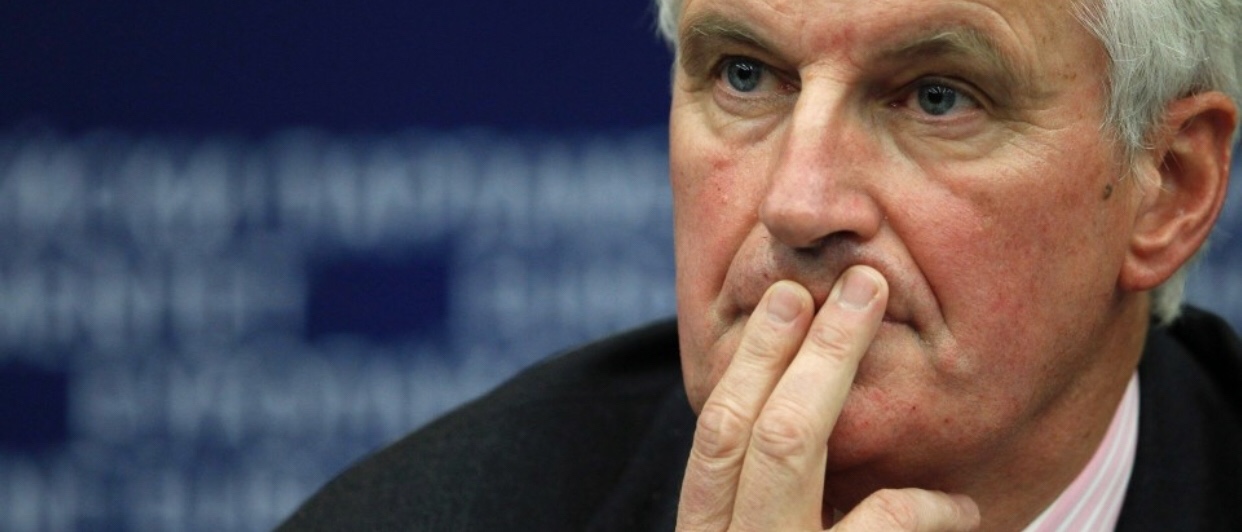
The Brexit Secretary’s optimistic prediction in a letter to MPs came despite both sides being locked in an apparently intractable impasse over the so-called ‘Irish backstop’ to guarantee no return to a hard border in Ireland.
Technical level talks resumed in Brussels this week between Olly Robbins, Theresa May’s Europe adviser, and Sabine Weyand, Mr Barnier’s deputy, as both sides tried to plot a way through the deadlock over Ireland.
The Telegraph understands from senior EU sources that Mr Barnier is now under growing pressure to accept British proposals that the Withdrawal Agreement should now include an open-ended Customs Union with the EU.
The move comes as central European and western EU member states privately express concerns that the ‘backstop’ agreement as originally conceived by Mr Barnier will never be accepted by Mrs May.
Mrs May has always said such a deal is “unacceptable” since it leads to the economic partition of the UK. It has also been roundly rejected by both Northern Ireland and Scottish unionists.
An alternative option of extending the transition period so the ‘backstop’ is never used has also been discussed, but is seen as politically less viable following a fierce backlash in Westminster when Mr Barnier mooted the idea a few weeks ago.
Mr Raab’s prediction to the House of Commons Brexit scrutiny committee was made in a letter dated October 24, a few days after the stalemated October European Council summit, but was only made public on Wednesday.
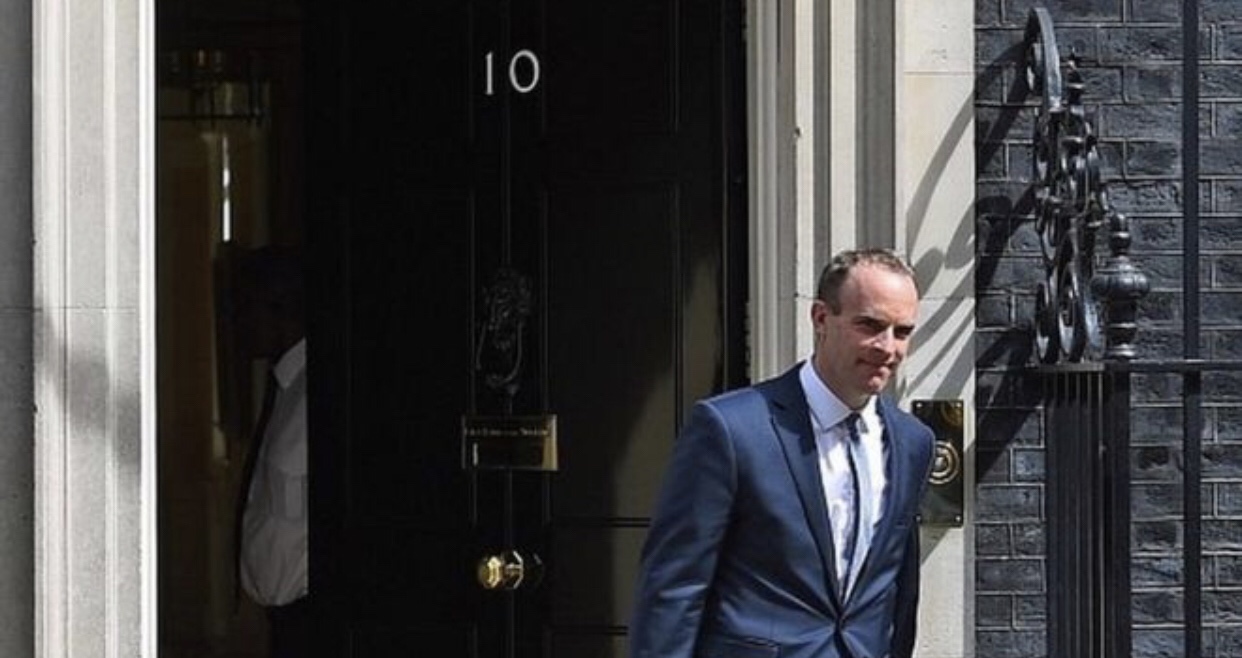
“I would be happy to give evidence to the committee when a deal is finalised, and currently expect 21 November to be suitable,” he wrote.
Currency markets responded positively to the news when details of the letter emerged on Wednesday afternoon, sending the pound up nearly half a per cent against the dollar.
Including an all-UK customs arrangement in the backstop would be intended to reassure Unionists that if it ever came into force, Northern Ireland would not be cast off into the customs territory of a foreign power.
The UK put forward the proposal last June, noting that it would stand only until the commitment to maintain an invisible border in Northern Ireland was “fulfilled through the overall UK-EU partnership”.
Until now, this has been rejected as legally impossible by Mr Barnier’s negotiating team, arguing that Article 50 can only deal with ‘severance’ issues, but pressure is now growing on the Commission to radically rethink that position.
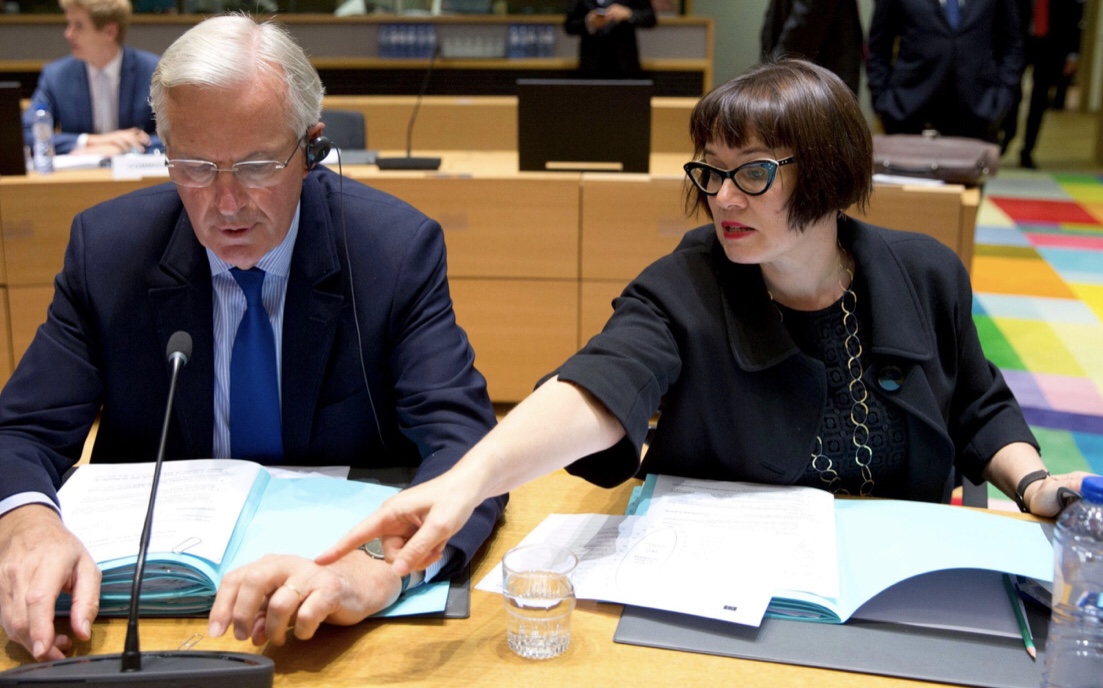
British negotiators have long argued that if the ‘backstop’ on the future of the Irish border has a legal basis under Article 50, there is no logical reason why it should not also include the details of a customs arrangement.
“There are legal issues, but we must be pragmatic not dogmatic, this is ultimately only a backstop, and everyone wants to fix this through the future relationship,” said a senior central EU diplomat with knowledge of the talks.
Senior Brexit diplomats from two other EU states made clear to The Telegraph that if the EU leaders agreed to include customs arrangements in the Withdrawal Agreement, then politically-speaking the legal objections could be overcome.
“If we have a solution with UK, then who will stand up and say ‘this is not compatible with Article 50’, that ridiculous,” the diplomat added. “The Court [European Court of Justice] is so political, they won’t rule against it.”
Creating a fully-fledged customs arrangement in the Withdrawal Agreement would set a significant bureaucratic challenge to negotiators, with only weeks available to finalise a deal, even allowing for slippage of the November timetable into December.
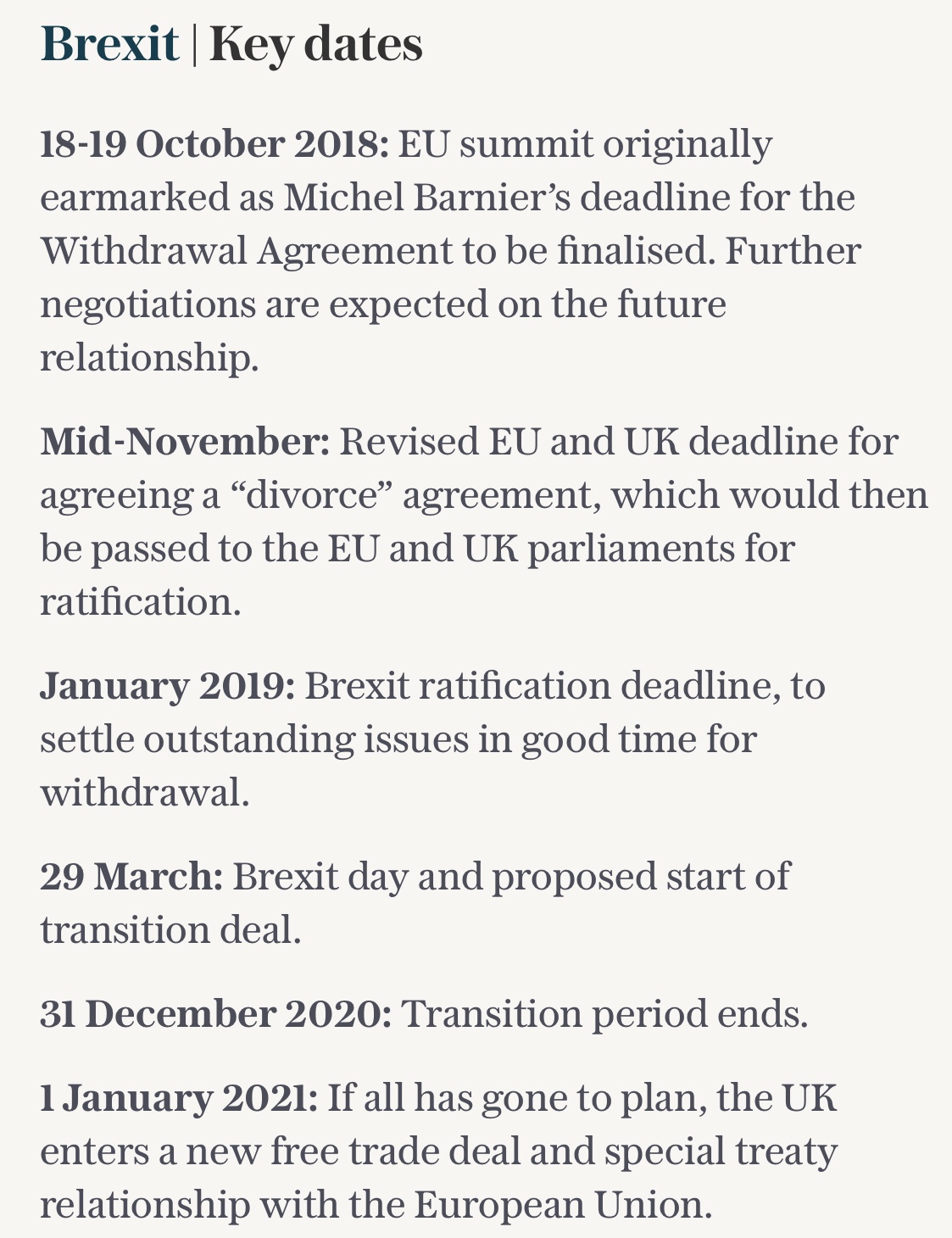
The UK has already agreed to accepting the need to manage regulatory differences across the Irish Sea in a backstop scenario – a position which has drawn fire from the Democratic Unionist Party.
It remains unclear whether, if Mr Barnier yields to pressure, whether member states would still retain a ‘backstop to a backstop’ in the event the British quit the customs arrangement unilaterally, as the UK says it wants to retain the right to do.
At issue is the Commission’s demand for a so-called “all-weather” backstop – a term that, UK negotiators note, has never been included in any officially agreed document, but is a phrase favoured by Mr Barnier and the Irish government.
Both UK and EU diplomats in the talks have now begun to discuss whether that threshold for a backstop that covers every eventuality might be set too high. “It’s an insurance policy but that doesn’t mean that it’s right up to being tsunami proof,” said a source on the EU side.
Whether Mrs May can sell a backstop deal which includes a ‘temporary’ customs union that will only fall away when a future EU-UK relationship solution is found that delivers an invisible border in Ireland is a source of continued concern on the EU side.
But David Davis, Mr Raab’s predecessor who resigned over the prospect of just such a deal, said on Tuesday evening that he believed Mrs May would get a Brexit deal through Parliament because the “terror” of no deal would compel many potential rebels to back her.
Mr Davis said that the “irrational fear of no deal” would bring many MPs to heel and provide the Prime Minister with the numbers necessary to get an agreement with Brussels across the line.
Source: The Telegraph






You must be logged in to post a comment.